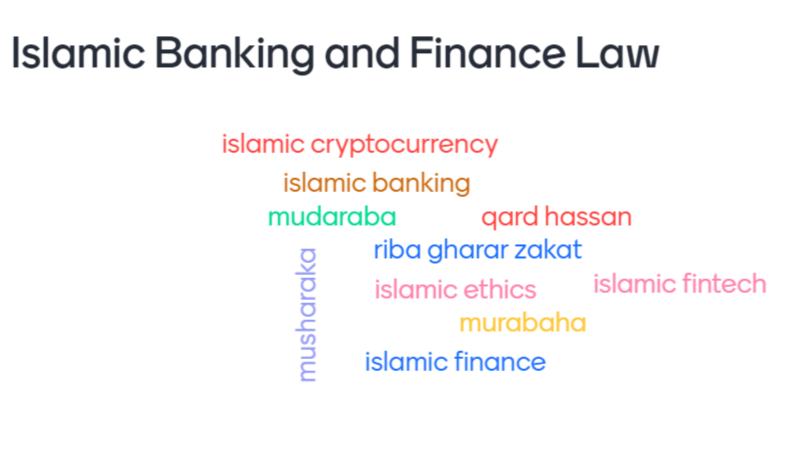By Isabella Latva, Samuel Geary and Jackielyn Perez
Ribā is a concept which is prohibited (haram) under Sharia law. Commonly called usury in English. Mahmoud A. El-Gamal notes in the book Islamic Finance: Law, Economics, and Finance, that “the three-letter past-tense root of the term ribā is the Arabic verb ‘raba’, meaning to increase”1. This gives rise to the rough definition of ribā as a prohibition on any increase or advantage to the lender obtained as a condition to loans or deposits, effectively prohibiting such things like interest from being charged on loans and deposits. The ordinary version of ribā is called riba an-nasiya. There also remains a second form of ribā according to Islamic Jurists which prohibits the simultaneous exchange of goods of unequal quantities or qualities. The second form of ribā is known riba al-fadl.
The difference between riba al-fadl and riba an-nasiya is that in the former it is not about paying back over time. In riba al-fadl it is about trading different quantities of commodities being similar to each other. For example, it is seen haram to trade wheat for a loaf of bread. It is important to emphasize that riba al-fadl is of less importance nowadays, since barter is not a common way to conduct business in the 21st century.
In Madina, the verses [2:275–9] ordered followers of Islam to abandon all ribā. This ribā included the situation @whereby interest was charged at the maturity of debts from interest-free loans or credit sales and compounded at later maturity date.’2 There are in total 12 verses (in the Quran) that deal with ribā, but the word is only mentioned eight times. The term ribā appears the first time in the Mekkan verse in Surah Ar-Rum: ‘Whatever you lend out in usury to gain value through other people’s wealth will not increase in God’s eyes’ (English translation here).
It is important to bear in mind that the prohibition of ribā is part of the ethical and economic foundation of Islamic finance and is considered a principle of Islamic banking. The underlying reason for such prohibition is to ensure economic efficiency and equity, which seeks to prevent excessive inequity and indebtedness3. The latter explanation is connected to the idea that Islamic banks must operate in compliance with the rules of Islamic Law (Sharia Law), which require to engage only in ethical investing and moral purchasing.
The principle of prohibition of ribā, among others the ban of excessive uncertainty (gharar) and speculation or gambling (maysir), are means to ensure the main goal and objective of the Islamic economy, which is to guarantee “growth with financial stability, equity and distributive justice”4.
1 El-Gamal MA, “Two Major Prohibitions: Riba and Gharar,” Islamic Finance: Law, Economics, and Practice (Cambridge University Press 2006)
2 El-Gamal MA, “Two Major Prohibitions: Riba and Gharar,” Islamic Finance: Law, Economics, and Practice (Cambridge University Press 2006)
3 Wilson, Rodney. “Islamic Finance: Law, Economics and Practice By Mahmoud A. El-Gamal.” Journal of Islamic Studies, vol. 18, no. 3 (Oxford University Press 2007)
4 Azid Toseef, “Anthology of Islamic economics: Review of some basic issues”, Review of Islamic Economics 13, no. 2, p. 165-194 (International Association for Islamic Economics 2010)
